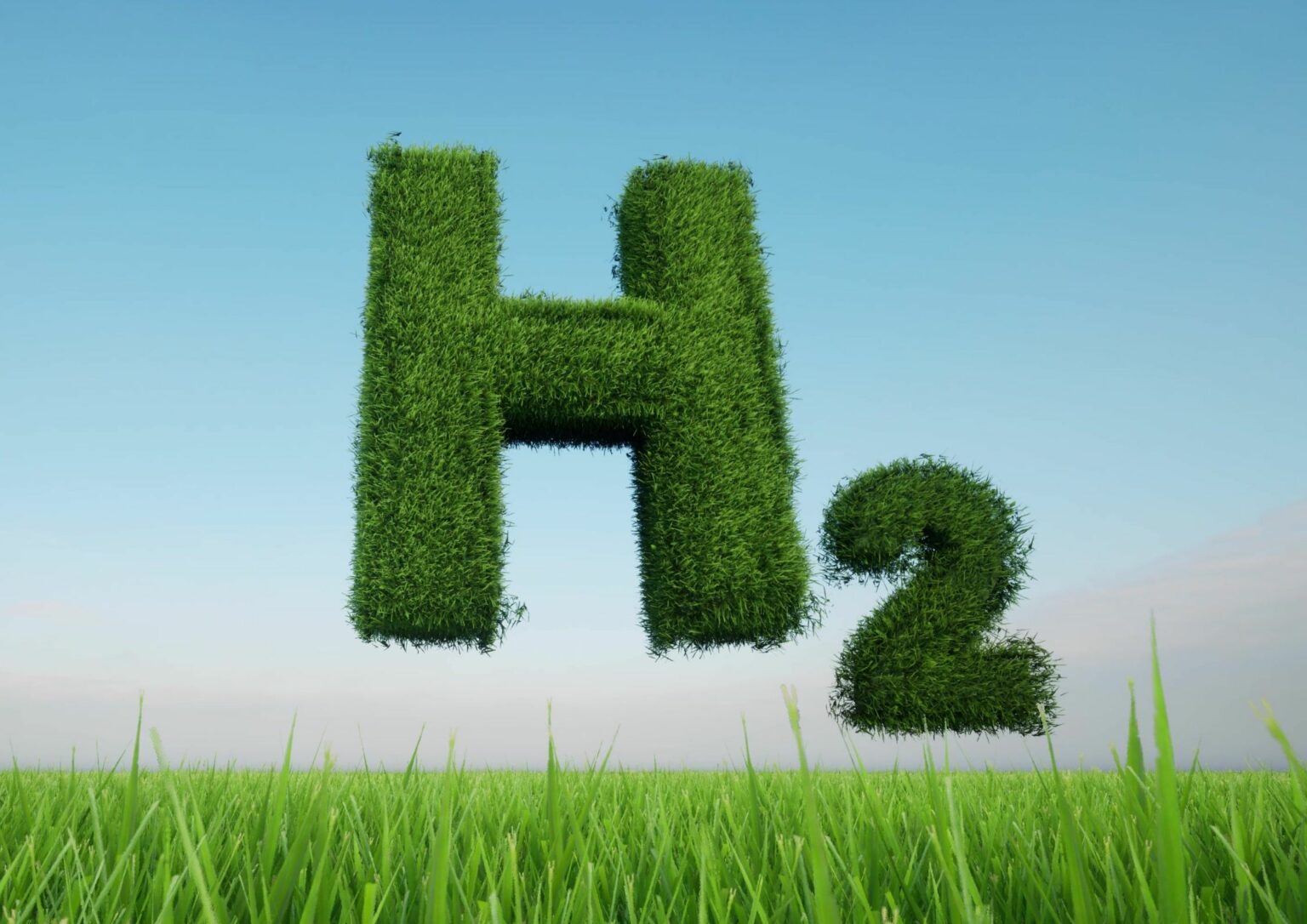Robert Gordon University (RGU) is collaborating with Sustainable Solutions IR, a green tech group under Intervention Rentals UK, to develop hydrogen production from waste heat.
The research team will target sectors in the UK to assess the feasibility of capturing waste heat. They will create a predictive model to estimate the hydrogen production system size required. This model will analyze heat sources from industries including food & drink, power generation, government infrastructure, and manufacturing to forecast system performance and optimize operational conditions.
Professor Mamdud Hossain from RGU’s School of Computing, Engineering and Technology emphasized the importance of this transition. “Moving towards a hydrogen economy not only promotes a cleaner environment but also improves air quality, benefiting public health and well-being,” he said.
“Hydrogen’s zero-emission properties make it essential for achieving the net-zero targets set by the UK and Scottish Governments for 2050 and 2045, respectively. This project is crucial for advancing sustainable development and tackling global challenges,” Professor Hossain added. Moreover, the project aligns with several of the United Nations’ Sustainable Development Goals, showing a commitment to global clean energy initiatives and climate change combat.
Professor Eyad Elyan from RGU highlighted the importance of combining academic knowledge with industry expertise. “This partnership enables us to work towards renewable energy sources. Collaborative research projects are vital as we strive to meet net-zero targets,” he noted.
Alex Leddy, Managing Director for Sustainability Solutions IR Ltd, expressed optimism about the project’s global impact. “Green hydrogen will be key in climate action and aligns with the United Nations’ SDGs, particularly Affordable and Clean Energy and Climate Action,” he said.
Phil Scott, Managing Director of Intervention Rentals, discussed the broad applications of this technology. “Generating electricity and hydrogen from waste heat can revolutionize sectors like distributed power generation, transport, energy storage, and backup power. Its scalability makes it economically and environmentally viable,” he stated. Scott also lauded the partnership with RGU and the guidance of Professor Hossain’s team in advancing green technology.
The project benefits from funding through Interface’s Innovation Voucher Scheme and is supported by a Knowledge Transfer Partnership (KTP) with Intervention Rentals. This three-year collaboration aims to realize the hydrogen production process, based on one of the highest-scoring KTP applications.





